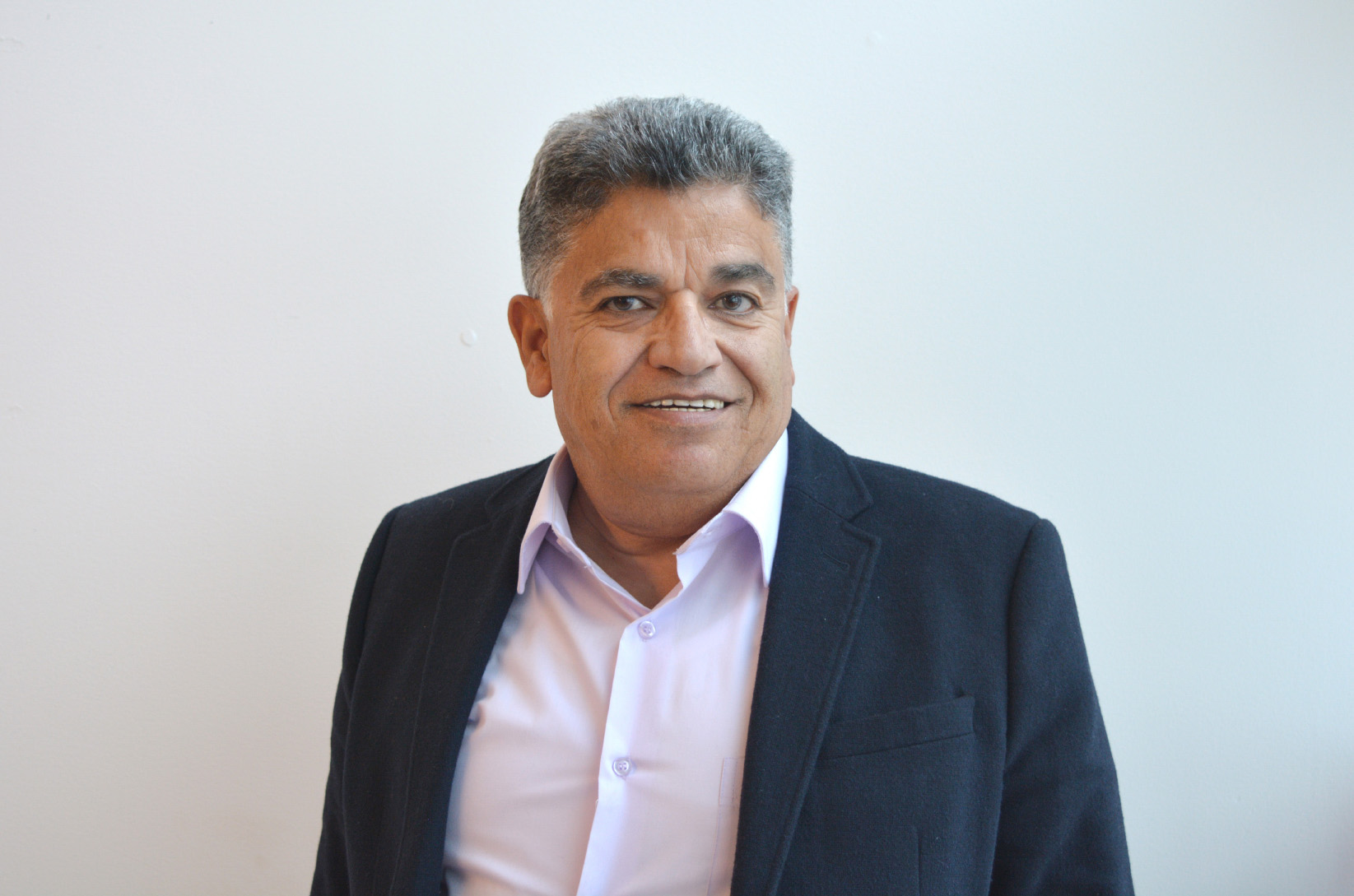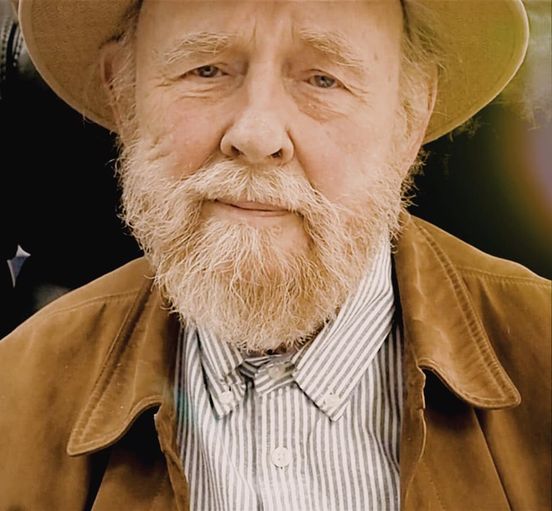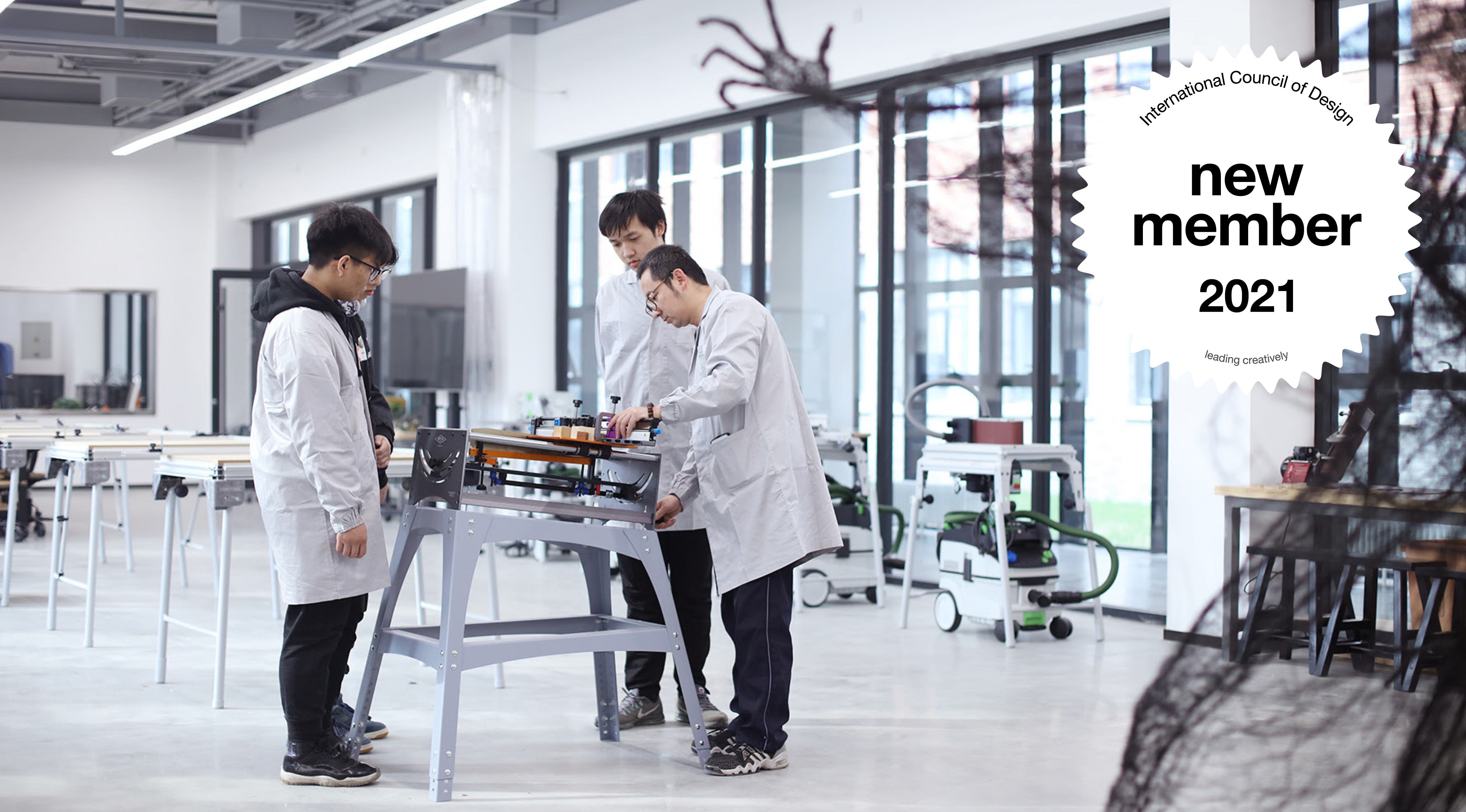A NEW UNEP GUIDEBOOK, COMMUNICATING SUSTAINABILITY, IS LAUNCHED IN COSTA RICA

26.09.2005 News
San Jose (Costa Rica) - A roving 'Environment Train' exhibition in Algeria, a radio series on pesticide pollution in Vietnam and a novel ozone layer awareness campaign in Costa Rica are among sixteen innovative public campaigns featured in a new guidebook from the United Nations Environment Programme (UNEP).
The guide, Communicating Sustainability - How to produce effective public campaigns, provides national and local governments with professional advice on how to implement communications campaigns on environment and development issues.
It covers the myths and facts of communications and proposes useful resources as well as offering hints on how to get the best out of communications agencies.
The new UNEP guidebook was launched on 5 September 2005 at an international meeting on sustainable consumption and production that took place in San Jose, Costa Rica.
"The impacts of our consumption patterns are no longer vague and invisible," writes UNEP Executive Director Klaus Toepfer in his forward to the guide. "Public communication has a key role to play to make sustainable development approachable and understandable. Informed, motivated and committed people can help us achieve our sustainability goals," he says.
"However, communicating effectively about sustainable lifestyles is a challenge," Toepfer continues. "One needs to consider not only what to communicate, but how to communicate it. The lesson to be learned is that communication styles have to be positive and tailored to different circumstances and cultural contexts."
Communicating Sustainability was co-produced with the London-based communications consultancy Futerra. "Working with UNEP on this guide, we were impressed at how many professionally-planned campaigns are already happening around the world. We hope that this exchange of international experience will help everyone who reads this guide," said Lucy Shea, Director of Strategy at Futerra. Communicating Sustainability is supported by the Ministry of Sustainable Development of Sweden and the French Agency for Environment and Energy Management (ADEME).
The guide was launched at the Second International Expert Meeting on the 10-year Framework of Programmes on Sustainable Consumption and Production (the so-called Marrakech Process), in San Jose, Costa Rica.
Over 160 experts representing 75 countries attended the meeting to review the conclusions of regional consultations and to establish ways to improve international cooperation and assistance on the implementation of priority issues, such as tackling waste, pollution and other environmental problems.
When opening the meeting, Monique Barbut, Director of the UNEP Division of Technology, Industry and Economics (DTIE), stressed the challenges ahead in implementing the Marrakech process. She also outlined UNEP's focus in this area in the years ahead and announced priorities in the areas of industrial development, and safer production, waste management, as well as issues of life cycle management, tourism, trade, energy and mobility.
"And of course," said Ms. Marbut, "we also need to find better means to inform and motivate consumers. Persuading people to adopt environmentally-friendly lifestyles is one of the challenges that environmental authorities around the world face today."
Two years ago, in Marrakech, the First International Meeting on the 10-Year Framework of Programmes on Sustainable Consumption and Production concluded that education for, and raising awareness of the benefits of sustainable consumption and production were essential for its success.
Dissemination of information was considered important in promoting sustainable consumption and production and the need for effective use of practical tools, including awareness-raising, education, media and advertising was found to be critical.
UNEP's new guidebook is responding to this need.
Communicating Sustainability can be downloaded from the UNEP website (www.unep.fr/sustain)or from the Futerra website (www.futerra.org/publications).
For further information please contact:
Robert Bisset
UNEP Press Officer
+331 4437 7613
Hard Copies of Report:
Solange Montillaud
E: solange.montillaud@unep.fr
The guide, Communicating Sustainability - How to produce effective public campaigns, provides national and local governments with professional advice on how to implement communications campaigns on environment and development issues.
It covers the myths and facts of communications and proposes useful resources as well as offering hints on how to get the best out of communications agencies.
The new UNEP guidebook was launched on 5 September 2005 at an international meeting on sustainable consumption and production that took place in San Jose, Costa Rica.
"The impacts of our consumption patterns are no longer vague and invisible," writes UNEP Executive Director Klaus Toepfer in his forward to the guide. "Public communication has a key role to play to make sustainable development approachable and understandable. Informed, motivated and committed people can help us achieve our sustainability goals," he says.
"However, communicating effectively about sustainable lifestyles is a challenge," Toepfer continues. "One needs to consider not only what to communicate, but how to communicate it. The lesson to be learned is that communication styles have to be positive and tailored to different circumstances and cultural contexts."
Communicating Sustainability was co-produced with the London-based communications consultancy Futerra. "Working with UNEP on this guide, we were impressed at how many professionally-planned campaigns are already happening around the world. We hope that this exchange of international experience will help everyone who reads this guide," said Lucy Shea, Director of Strategy at Futerra. Communicating Sustainability is supported by the Ministry of Sustainable Development of Sweden and the French Agency for Environment and Energy Management (ADEME).
The guide was launched at the Second International Expert Meeting on the 10-year Framework of Programmes on Sustainable Consumption and Production (the so-called Marrakech Process), in San Jose, Costa Rica.
Over 160 experts representing 75 countries attended the meeting to review the conclusions of regional consultations and to establish ways to improve international cooperation and assistance on the implementation of priority issues, such as tackling waste, pollution and other environmental problems.
When opening the meeting, Monique Barbut, Director of the UNEP Division of Technology, Industry and Economics (DTIE), stressed the challenges ahead in implementing the Marrakech process. She also outlined UNEP's focus in this area in the years ahead and announced priorities in the areas of industrial development, and safer production, waste management, as well as issues of life cycle management, tourism, trade, energy and mobility.
"And of course," said Ms. Marbut, "we also need to find better means to inform and motivate consumers. Persuading people to adopt environmentally-friendly lifestyles is one of the challenges that environmental authorities around the world face today."
Two years ago, in Marrakech, the First International Meeting on the 10-Year Framework of Programmes on Sustainable Consumption and Production concluded that education for, and raising awareness of the benefits of sustainable consumption and production were essential for its success.
Dissemination of information was considered important in promoting sustainable consumption and production and the need for effective use of practical tools, including awareness-raising, education, media and advertising was found to be critical.
UNEP's new guidebook is responding to this need.
Communicating Sustainability can be downloaded from the UNEP website (www.unep.fr/sustain)or from the Futerra website (www.futerra.org/publications).
For further information please contact:
Robert Bisset
UNEP Press Officer
+331 4437 7613
Hard Copies of Report:
Solange Montillaud
E: solange.montillaud@unep.fr

relatedarticles

04.05.2021 News
in memoriam: essam abu awad (1958-2021)

10.16.2020 News
in memoriam: yu bingnan (1933–2020)

10.02.2020 News

